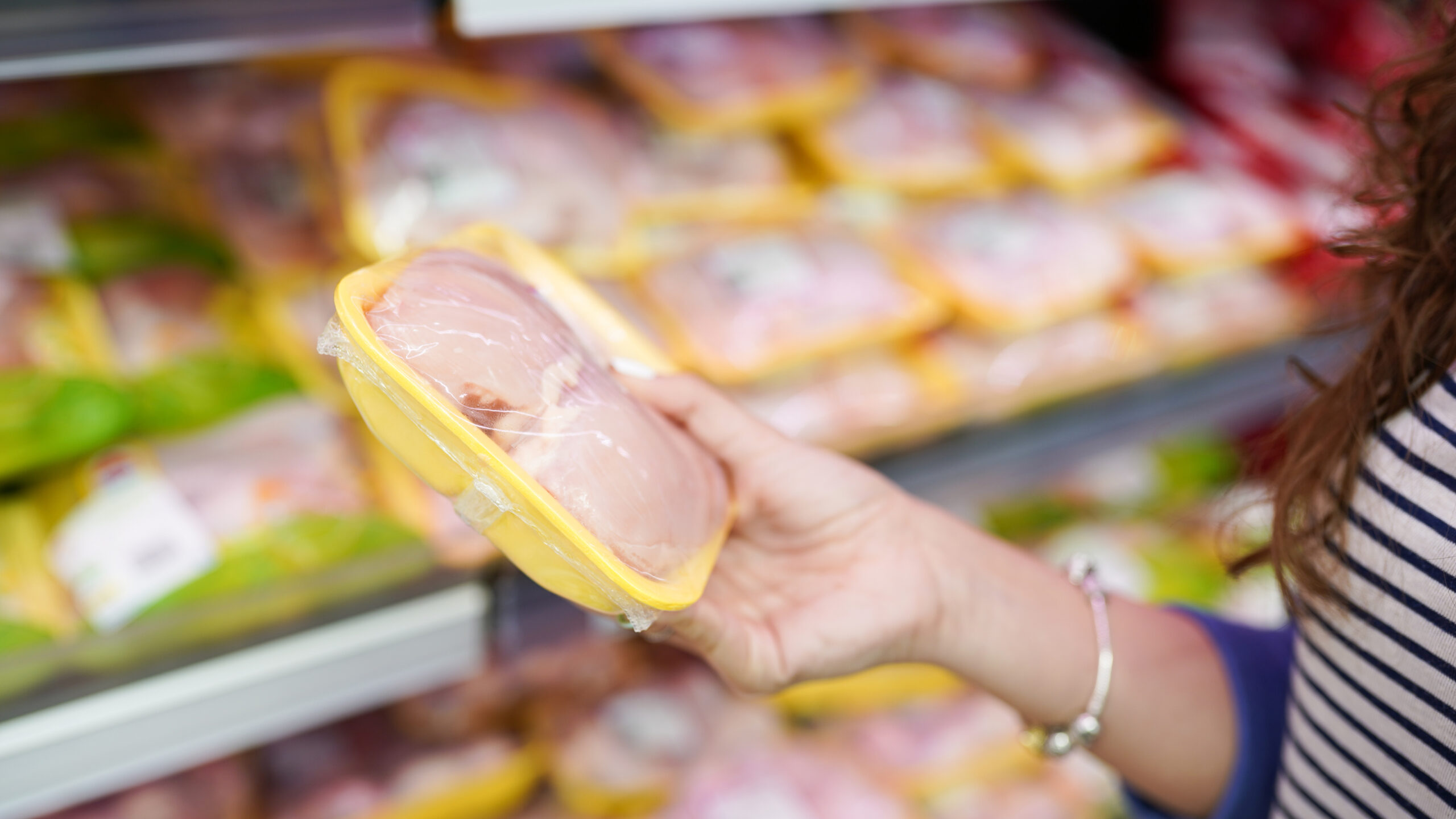People paying close attention would have read and heard the chicken shortage blame game playing out over the past few days. But at this stage, all that consumers and businesses in the culinary industry are concerned with is how enough poultry will become available in short order.
Over the weekend, we heard Minister of Agriculture Indar Weir accuse BICO of withholding vital data that could have prevented the current supply shortage. He said he contacted BICO directly to obtain information on farmers’ chickens in cold storage but he was not given that information, nor did the company respond to a written formal request made by his ministry.
To date, BICO has not refuted the minister’s claims. So, taking the minister’s assertions at face value, we are forced to ask, What will be done?
Weir explained that the information was an important cog in assisting the government to strengthen the poultry supply.
Two days later, while on the Down to Brass Tacks call-in radio programme, the minister called on the Barbados Agricultural Society (BAS) Chief Executive Officer James Paul to explain to Barbadians his position that there was no chicken shortage.
“I think James Paul and the BAS owe it to Barbados to come back to them and tell Barbadians why they were constantly saying there was no shortage of chicken. The reality is that the demand is greater now than the chicken that has been produced,” Weir said.
While on the programme Weir also said that in response to the crisis, the government had allocated $2 million in loans through BAS to assist small poultry producers. In August, Paul too had spoken to Barbados TODAY about the funding while outlining how it could be accessed.
On Wednesday, Paul had his turn as he responded to Weir. He vehemently defended his position and that of the BAS.
“I didn’t fail. We have a specific role in the industry, and we have always worked very closely with the ministry and all stakeholders to try and ascertain what the issue is and to ensure that things like these don’t happen. Information that I got indicated that there should not have been a problem. The industry is going through some difficulty . . . the situation will soon adjust itself,” he said.
However, Paul also acknowledged: “It takes ten weeks to get chicken from the state of being hatched onto the shelf. So, there are people who would want to think that producing chicken is just like that. It is not. Let me just make that very clear.”
The facts are that over 150 cases of birds were lost during the summer due to extreme heat. We are now in November and the shortage, which could not be agreed on by the powers that be, is real and evident. It is not all talk. It is not a figment of imagination. It is not past tense; it is happening now.
There have been photos circulating showing empty shelves in supermarkets. Fast food restaurants have closed and posted notices pointing to the chicken shortage as the cause.
It has been reported that the Small Business Association’s CEO Dr Lynette Holder lamented the challenges facing small food businesses.
She explained that small catering companies, small restaurants, cook shops etc are trying to re-jig their menu options because they can’t depend on a reliable supply of chicken.
But if action was taken in the summer when the birds were lost, and if we take Paul’s 10-week explanation, why then are we facing a shortage now? Were farmers slow to access the funds and act? More importantly, what will be done to fix it? How do we get an adequate supply of chickens on the market? When the debate about whether there is a shortage or not is done, when the blame game is over, where are the chickens?
Those are the questions Barbadian chicken lovers want answered. They want the problem fixed. They also hope that there will be adequate amounts of chicken for Christmas – the season when there are numerous family and corporate functions. We also want to know what can be or will be done to ensure we are better equipped if such should recur. Early admission and swift action are a great point at which to start.




